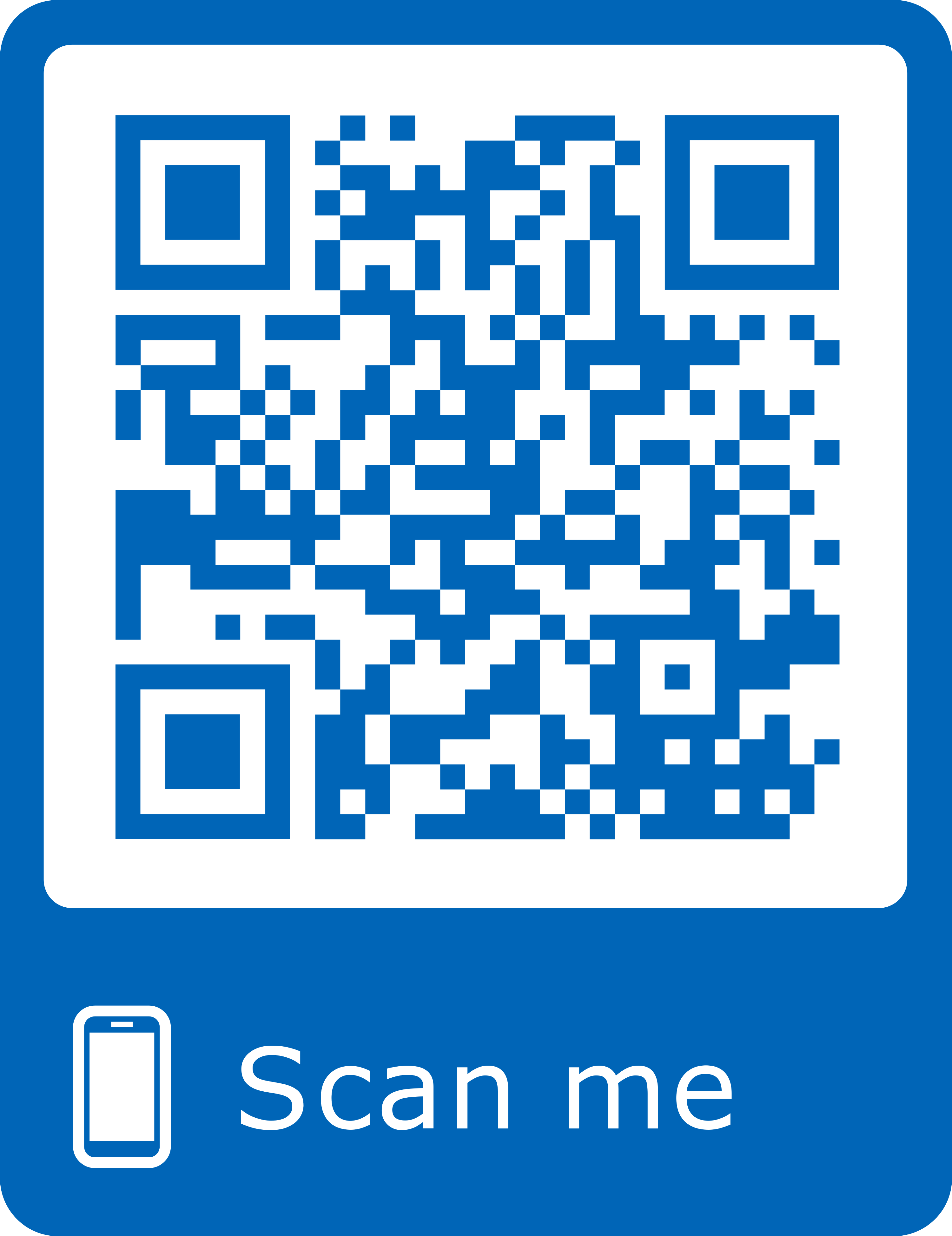- Reference Number: HEY-225/2023
- Departments: ENT, Speech and Language
- Last Updated: 30 November 2023
Introduction
This leaflet has been produced to give you general information about your investigation. Most of your questions should be answered by this leaflet. It is not meant to replace the discussion between you and your doctor, but may act as a starting point for discussion. If after reading it you have any concerns or require further explanation, please discuss this with a member of the healthcare team .
How can the voice team help you?
Because you are experiencing problems with your voice or throat, you have been invited along to either a Joint Voice Clinic or Voice Therapy Clinic. At a Joint Voice Clinic, a Consultant and a Voice Therapist (Principal Speech & Language Therapist), both specialising in voice, will be present. The Voice Therapy Clinic will be led by the Principal Speech & Language Therapist. The teams in both of the clinics will comprise of a Nurse, Nurse Auxiliary or Clinical Support Worker specialising in Ear, Nose and Throat (ENT) and often another Voice Therapist.
Joint Voice Clinic
Assessment in the Joint Voice Clinic with a consultant present allows a full examination of the nose, throat and larynx (voice box). This examination will help us identify why you are experiencing your symptoms and provide appropriate advice and/or treatment.
Do not be surprised if the appearance of your voice box is normal, as many patients experience voice and throat symptoms without there being any visible problems.
Voice Therapy Clinic
If you have been referred to a Voice Therapy Clinic, a consultant or doctor will have examined you previously in a general ENT Outpatient clinic. There is not normally a doctor present in a Voice Therapy Clinic.
Assessment in the Voice Therapy Clinic will help the Voice Therapist identify the techniques appropriate to help in the rehabilitation of your voice. You have the opportunity to view and cooperate with various techniques, in order to understand the nature of your voice problem.
What will happen during my appointment?
After being introduced to the Voice Team, you will be asked questions about your symptoms and your general health. In order for us to help you, it is important that we have detailed information about your voice difficulty. The doctor or Voice Therapist will then carry out an endoscopic examination. The findings from this examination will be discussed with you, as will the possible treatment options.
Sometimes further investigations are required after your appointment. These will be explained to you during your appointment.
What is an Endoscopy?
A very small flexible camera tube is passed through your nose and rests behind your tongue above your larynx in order to examine the throat and larynx.
- You can breathe and talk normally throughout the procedure.
Sometimes we may carry out a second endoscopy examination, which involves a camera tube being placed in your mouth just resting above your tongue.
Will it be painful?
Although endoscopy cannot be described as a pleasant experience, it should not be painful. You may be given a local anaesthetic nose or throat spray which will numb the area (this numbness will last about an hour so you should avoid hot drinks until the numbness fades). The procedure usually lasts no more than 4 to 5 minutes in a Joint Voice Clinic but may take longer in a Voice Therapy Clinic. The endoscope can be removed very quickly if required. If you have any concerns, please feel free to discuss them with a member of the Voice Team.
In extreme cases you may experience a reaction to the anaesthetic which could result in dizziness, light-headedness or fainting. It is important to let the consultant or therapist know if you have had an allergic reaction to topical (local) anaesthetic in the past. It is also important to let the consultant or therapist know if you have heart problems, as there is a very small risk of heart attack. As the scope is passed nasally, there can be a risk of nose bleed if you are susceptible.
Is the procedure really necessary?
This examination allows the Voice Team (and you) to obtain a very clear and thorough view of the throat and larynx. This information is very important and is used to diagnose or rule out any disease or disorder.
Preparation?
- Please bring a list of any medications with you
- 30 minutes is allocated for each appointment, but clinic times may overrun. Please be prepared for a wait and allow plenty of time for your appointment. Your patience would be appreciated at these times.
- You can eat and drink normally before your appointment.

